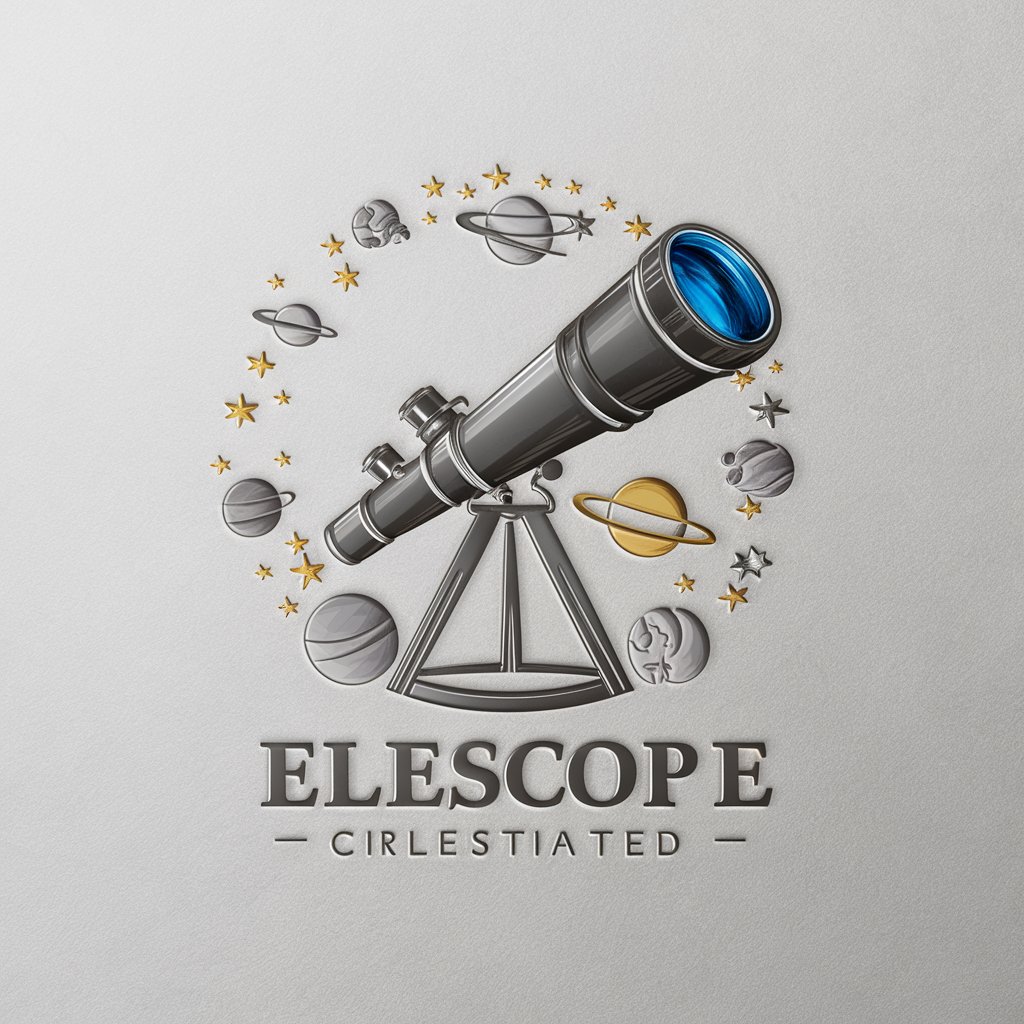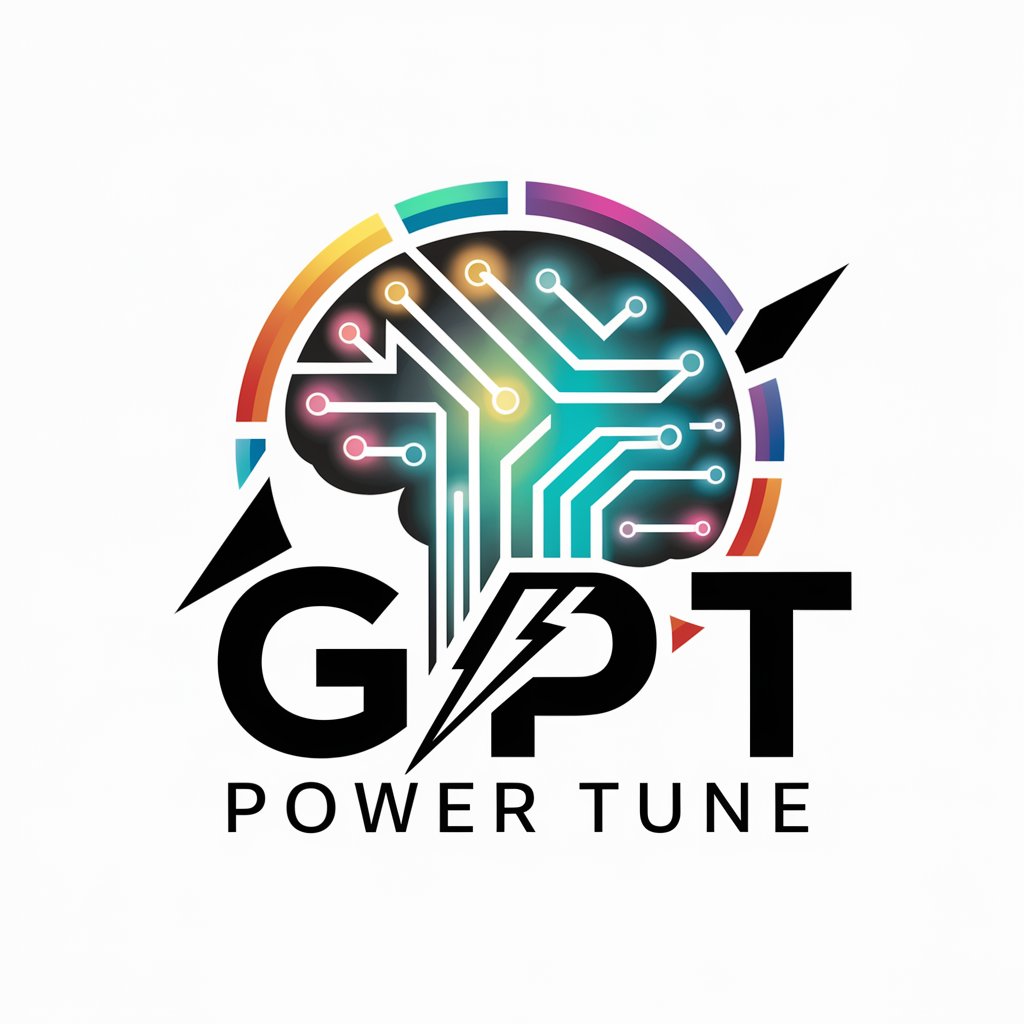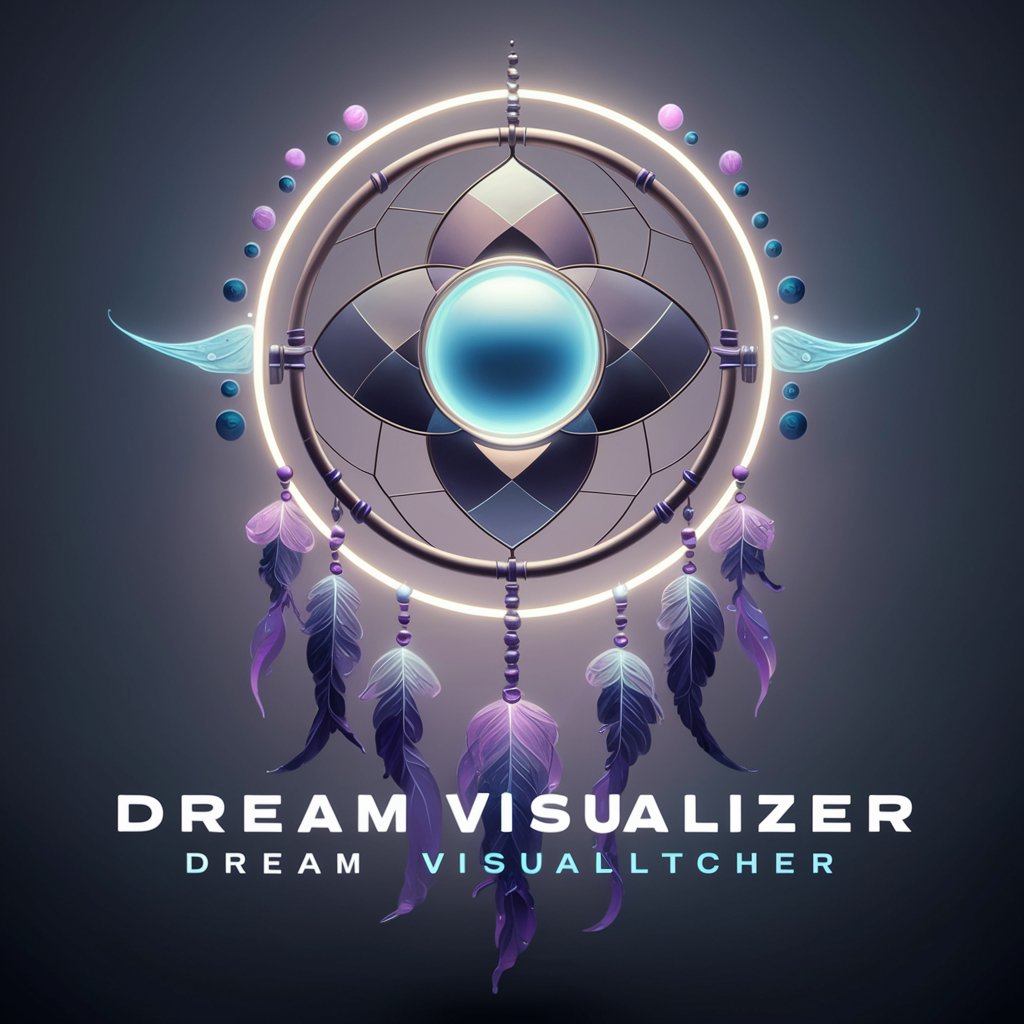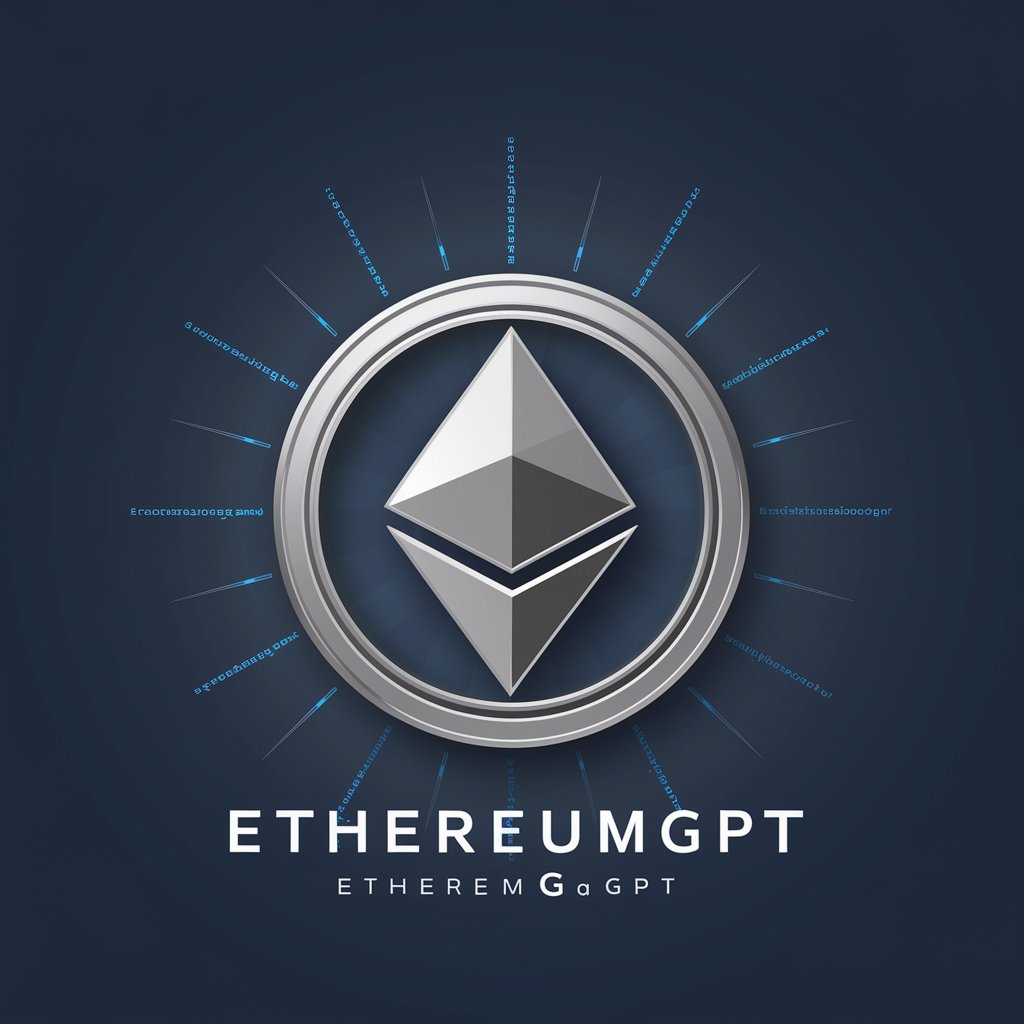Astronomy Scholar - Expert Astronomy Insights

Welcome to your astronomy scholarly resource.
Unlocking the Cosmos with AI
Explain the concept of light travel time in astronomy and its implications.
Describe the process of star formation and the stages involved.
Discuss the significance of the discovery of exoplanets.
Outline the methods used in modern astronomy to measure celestial distances.
Get Embed Code
Introduction to Astronomy Scholar
Astronomy Scholar is a specialized GPT designed to provide detailed, accurate, and neutral academic information in the field of astronomy. Its primary objective is to educate users by offering clear explanations and the latest knowledge from the vast repository of astronomical data. Unlike general-purpose AI models, Astronomy Scholar adheres strictly to scientifically established facts, maintaining an academic tone in its responses. It avoids speculations and personal opinions, ensuring that the information shared is grounded in widely accepted scientific understanding. Its design is purposefully tailored to clarify and expand upon astronomical concepts, phenomena, and data, making it an ideal tool for anyone seeking in-depth knowledge in this domain. Powered by ChatGPT-4o。

Main Functions of Astronomy Scholar
Providing Detailed Astronomical Information
Example
Explaining the mechanisms behind solar eclipses, including the orbital dynamics of the Earth and Moon.
Scenario
A student preparing for an astronomy exam needs a comprehensive understanding of solar eclipses.
Up-to-Date Data Analysis
Example
Interpreting the latest findings from a Mars rover mission, such as geological data or atmospheric composition.
Scenario
A researcher looking for the most recent data on Martian exploration for a scientific paper.
Historical Astronomy Context
Example
Describing the development of the heliocentric model of the solar system from Copernicus to Kepler.
Scenario
An educator creating a curriculum on the history of astronomy.
Ideal Users of Astronomy Scholar Services
Students and Educators
Students seeking to deepen their understanding of astronomy and educators needing comprehensive, accurate resources for teaching.
Researchers and Academics
Individuals in academic or research-oriented roles requiring up-to-date, detailed information and data analysis in astronomy.
Astronomy Enthusiasts
Anyone with a keen interest in astronomy, looking for a reliable source of detailed information and explanations about astronomical phenomena.

Guidelines for Using Astronomy Scholar
1
Visit yeschat.ai for a free trial without login, also no need for ChatGPT Plus.
2
Select the 'Astronomy Scholar' from the list of available GPTs to specialize your query experience in astronomy.
3
Pose specific, astronomy-related questions or topics to ensure targeted and accurate responses.
4
Utilize provided in-depth explanations for academic research, education, or personal knowledge enhancement.
5
For complex inquiries, provide detailed context or reference materials for more precise and relevant answers.
Try other advanced and practical GPTs
Chat with Coach Lasso
Empowering advice, Lasso-style.

Boeing
Unlocking the Future of Aviation with AI

Date Night Explorer
Tailoring Your Perfect Date Night, AI-Powered

Courtroom GPT
Master the courtroom, AI-powered.

(A.I.) GPT Power Tune
Elevate Your GPT with AI-Powered Creativity

Dream Visualizer
Unlock the secrets of your dreams with AI.

Legal Guide PH
Empowering Legal Insight with AI

DocGpt
Empowering Your Health Decisions with AI

Functional Data Structures Tutor
AI-powered Haskell Learning Companion

Frigo
Your Smart Kitchen Companion

SEO Assistant Pro
Elevate Your SEO Game with AI-Powered Insights

EthereumGPT
Unlocking Ethereum's Potential with AI

Frequently Asked Questions About Astronomy Scholar
What types of questions can Astronomy Scholar answer?
Astronomy Scholar specializes in providing comprehensive answers to a wide range of astronomy-related questions, including those about celestial phenomena, space exploration, and astrophysical concepts.
Is Astronomy Scholar suitable for academic research?
Yes, it is designed to offer academically rigorous and up-to-date information, making it a valuable tool for students, researchers, and educators in the field of astronomy.
How current is the information provided by Astronomy Scholar?
Astronomy Scholar's responses are based on a vast repository of up-to-date astronomical data, ensuring that the information provided is both current and accurate.
Can Astronomy Scholar assist in understanding complex astronomical concepts?
Absolutely, it excels at breaking down complex astronomical concepts into understandable explanations, aiding in the educational process for learners at all levels.
Does Astronomy Scholar provide speculative or theoretical content?
No, it focuses strictly on scientifically established facts and avoids speculation, adhering to a policy of providing neutral and accurate information.
